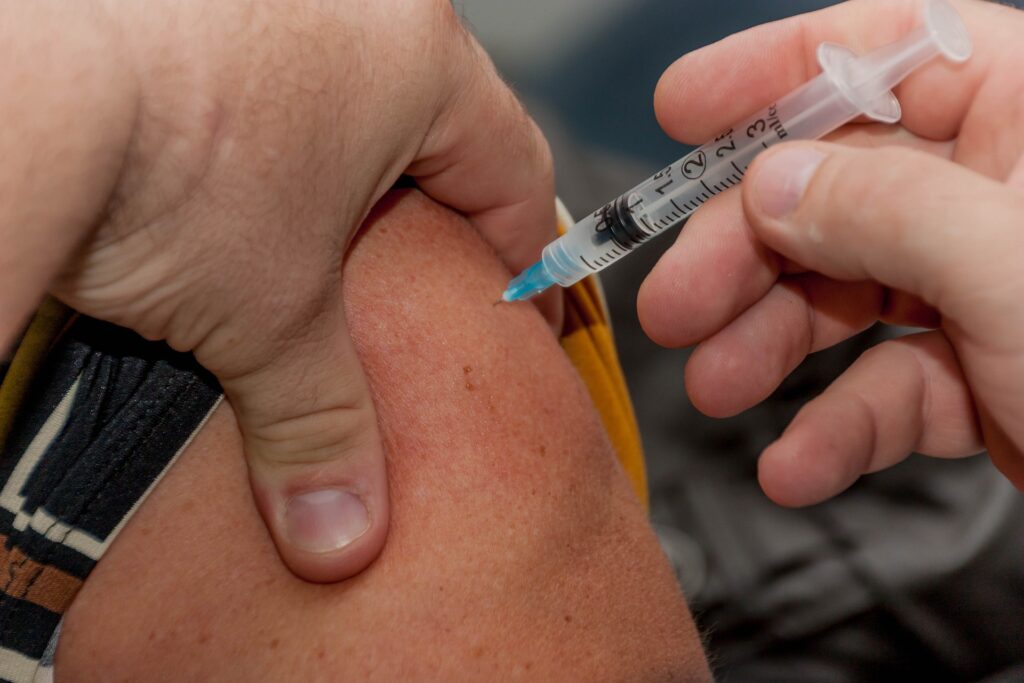Portugal already has more than 4,2 million people vaccinated with the booster dose against covid-19, reveal the official data, which also show that vaccination between 5 and 11 years old maintains a negligible adherence.
According to the daily vaccination report released by the Directorate-General for Health (DGS), by the end of Friday, a further 81.278 people were vaccinated with the booster dose against covid-19 compared to the previous day, raising the total of vaccinated with the booster to 4.236.860.
The data also indicate that there are more than 2.087 people with the complete primary vaccination schedule, in a total of 8.773.768 people in this situation.
Among the youngest eligible for vaccination, the data show that in 24 hours only three more children between 5 and 11 years old started vaccinating against covid-19, with 300.953 children with this process started.
As for flu vaccination, over 3.261 people were vaccinated on Friday, with over 2,5 million already vaccinated against the flu this winter.
“Regarding the previous day, a total of 86.629 inoculations of vaccines against covid-19 (complete primary and booster regimen) and against influenza were recorded,” the daily report states.
In terms of age groups, people between the ages of 70 and 79 have a higher percentage of those vaccinated with a booster dose against covid-19 (94%), followed by those aged 80 or over (92%). , those between 60 and 69 years old (86%) and those between 50 and 59 years old (64%).
Portugal today registers 58.131 more cases of covid-19 and 43 deaths caused by the disease, with a decrease in the number of patients admitted to wards and intensive care units, according to official data.
Covid-19 has caused at least 5,57 million deaths worldwide since the beginning of the pandemic, according to the latest report by the Agence France-Presse.
The respiratory disease is caused by the SARS-CoV-2 coronavirus, detected in late 2019 in Wuhan, a city in central China.
A new variant, Ómicron, classified as worrying and very contagious by the World Health Organization (WHO), has been detected in Southern Africa and, since the South African health authorities gave the alert in November, has become dominant in several countries. , including in Portugal.



















Comments